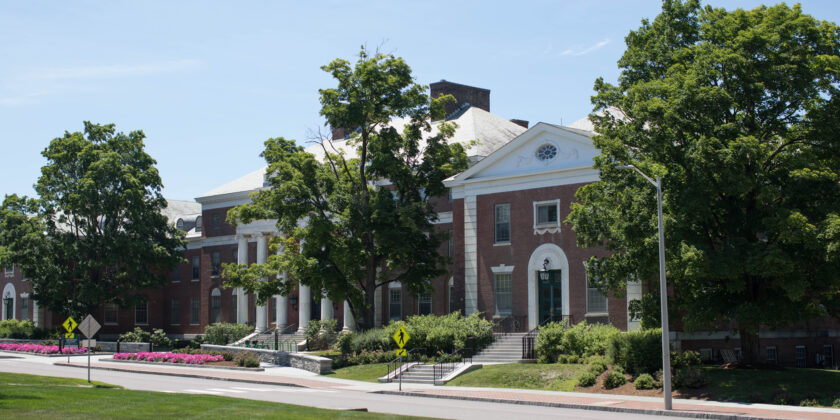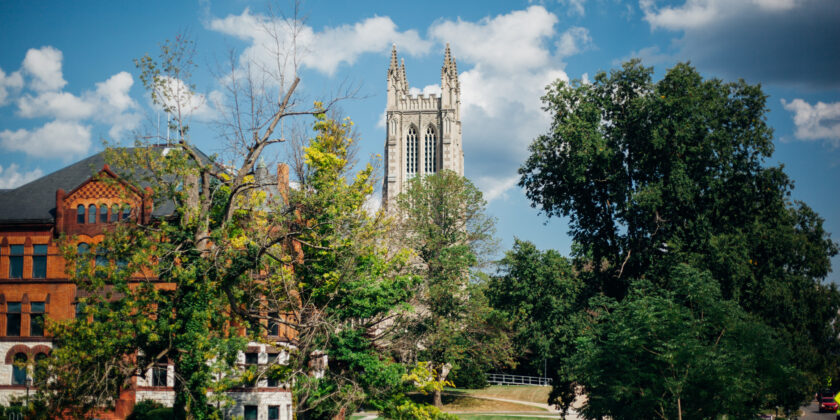I’m excited for Jeff Selingo’s upcoming book and its emphasis on considering the vastness of higher education beyond a handful of selective schools—much needed. Read more about it below.
—
Lots of people have been asking me what I’ve found so far in the research and how they might help, so I wanted to give a quick update before the calendar turns to 2024.
First, as I’ve talked to parents and college counselors in recent months, I’ve been thinking about what this book needs to do. In much the same way as Atomic Habits and The Power of Habit tried to shift our mindset about developing better habits, my belief is that this book must help us reexamine what makes a “good” college. The goal is not for students and parents to settle for a second choice, but to consider the vastness of higher education beyond a handful of selective schools.
As I map out the book, the first half will be focused on explaining to readers why they need to reevaluate their college strategy in the first place. If you’ve been through the process recently, you’re probably thinking duh, of course they do. But everyone approaches this process as newbies, thinking their experience will be different. And as my editor reminds me, we live in an aspirational society: we want to aim for what we’re told is the top.
In the first half, I plan to illustrate how the admissions landscape has shifted in just the last few years by following the college-going experiences of recent graduating classes at three or four high schools that I’m in the process of identifying now (if you’re at a high school and want to be considered, reach out). For that section, I’m often reminded of this scene from Jeff Makris, director of college counseling at Stuyvesant High School, for a piece I wrote in New York magazine last year:
While we spoke, Makris pulled up the admissions results for his students going back to 2016. He rattled off a bunch of college names. About the same number of his students get accepted at the usual suspects in the Ivy League now as six years ago, though many more apply too. What might surprise students and parents from a few years ago, however, is the next set of colleges Makris mentioned: Northeastern, Case Western, Boston University, and Binghamton University. In 2016, 298 students applied to Northeastern, and 91 were admitted; last year, applications to the Boston school jumped to 422, but only 49 were admitted. Last year, 129 Stuy students applied to Case Western, about the same number as in 2017, but admits were almost cut in half to 36. In 2016, the acceptance rate for Stuy’s students who applied to Boston University was 43 percent; last year, it was 14 percent. Normally, Makris said, about 50 to 75 graduates enroll at Binghamton University, one of the state’s top public universities but a safety school among many Stuy students. This fall, 124 students went there.”
So how can you help? He says:
I’m always on the lookout for families who’ve been through the process at least once and have a kid in college (or recently out) and might have a story to tell about how they were on the path for Plan A and it didn’t work out—they didn’t get in, they couldn’t afford it, or for some other reason it wasn’t the right fit—and they turned to Plan B, which in the end turned out better.
If you can help in any way as a potential source, please complete this short form. I won’t be able to respond to everyone, but I will reach out if you fit what I’m looking for to illustrate the research.
*Stay in the know! Subscribe*
![]() Staying organized and managing time
Staying organized and managing time![]() Starting and completing tasks
Starting and completing tasks![]() Regulating emotions and attention
Regulating emotions and attention![]() Planning ahead and following routines
Planning ahead and following routines![]() Individualized skill-building based on each student’s strengths and needs
Individualized skill-building based on each student’s strengths and needs![]() Short-term, goal-focused sessions that fit into busy school schedules
Short-term, goal-focused sessions that fit into busy school schedules![]() Flexible options for in-person or telehealth participation
Flexible options for in-person or telehealth participation![]() Convenient Upper East Side or available virtually
Convenient Upper East Side or available virtually








